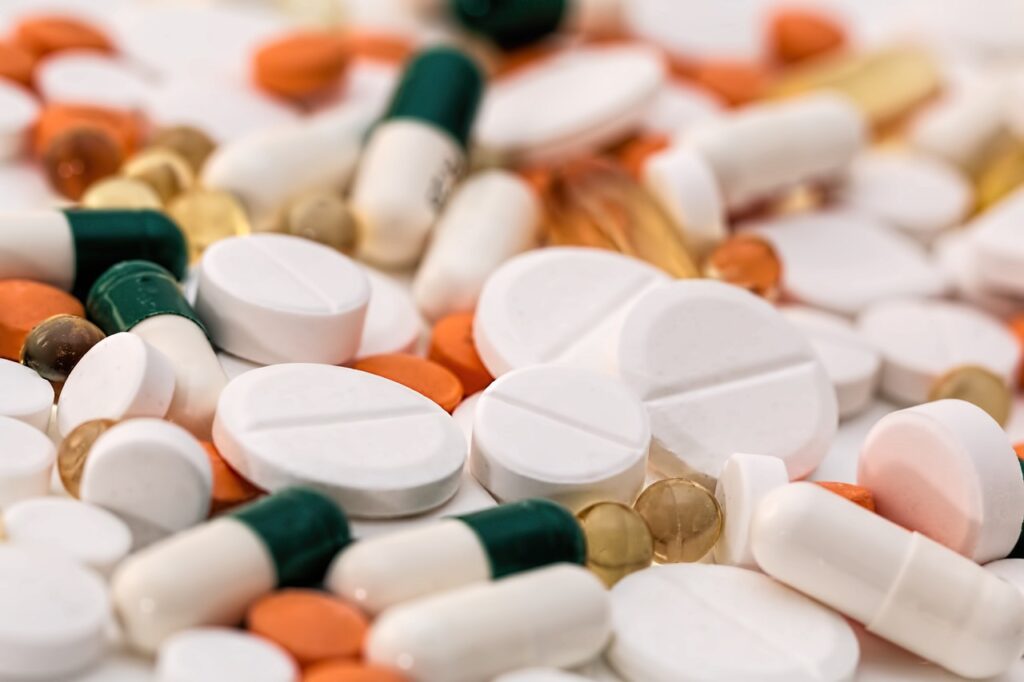1. Purpose
The purpose of this SOP is to establish standardized procedures for the handling of Investigational Products (IPs) in clinical research to ensure their integrity, security, and compliance with regulatory requirements.
2. Scope
This SOP applies to all personnel involved in the handling of IPs within the clinical research setting, including receipt, storage, inventory management, dispensing, return, and disposal.
3. Definitions
- Investigational Product (IP): A pharmaceutical form of an active ingredient or placebo being tested or used as a reference in a clinical trial.
- GCP: Good Clinical Practice; an international ethical and scientific quality standard for designing, conducting, recording, and reporting trials.
- CRA: Clinical Research Associate; an individual who monitors the progress of clinical trials on behalf of the sponsor.
- ICH: International Council for Harmonisation of Technical Requirements for Pharmaceuticals for Human Use.
4. Responsibilities
- Principal Investigator (PI): Ensures overall compliance with the SOP and regulatory requirements.
- Clinical Research Coordinator (CRC): Manages day-to-day handling of IPs including receipt, storage, and documentation.
- Pharmacist: Oversees storage and dispensing of IPs, ensuring proper handling and record-keeping.
- Clinical Research Associate (CRA): Monitors IP handling processes and ensures adherence to protocols and GCP guidelines.
5. Handling Procedures
5.1 Receipt of Investigational Products
- Documentation: Verify shipment documentation upon receipt against the shipping manifest.
- Inspection: Check the IPs for integrity, correct labeling, and packaging. Document any discrepancies or damage.
- Temperature Recording: Record the temperature data during shipment to ensure compliance with storage conditions.
- Acknowledgment: Sign and date the receipt confirmation documents and notify the sponsor of the receipt.
5.2 Storage Requirements
- Storage Conditions: Store IPs according to the specified conditions (e.g., temperature, humidity) detailed in the protocol.
- Security: Secure the storage area with restricted access to authorized personnel only.
- Monitoring: Continuously monitor and record storage conditions. Use alarm systems to alert deviations from specified conditions.
- Labeling: Clearly label all storage areas and IP containers with appropriate identifiers and hazard warnings.
5.3 Inventory Management
- Inventory Log: Maintain a detailed log of all IPs received, dispensed, returned, and disposed of.
- Periodic Audits: Conduct regular inventory audits to ensure accuracy and compliance.
- Record Discrepancies: Immediately document and investigate any discrepancies between physical inventory and records.
5.4 Dispensing Procedures
- Prescription Verification: Verify the prescription against the clinical trial protocol before dispensing.
- Patient Information: Ensure that patients are provided with clear instructions and information about the IP.
- Documentation: Record each dispensation in the inventory log, including patient ID, quantity dispensed, and date.
5.5 Return and Disposal
- Returns: Document and return any unused IPs to the sponsor according to their guidelines.
- Disposal: Dispose of IPs according to local regulations and sponsor instructions. Document the disposal process.
- Destruction Certificates: Obtain certificates of destruction if applicable and maintain them in the trial master file.
6. Documentation
- Maintain accurate and complete records of all IP handling activities, including receipt, storage, dispensing, return, and disposal.
- Ensure documentation is readily available for inspection by regulatory authorities and sponsor monitors.
7. Training
- Initial Training: Provide comprehensive training for all personnel on this SOP before they handle IPs.
- Ongoing Training: Conduct periodic refresher training sessions and update personnel on any SOP changes.
8. Quality Control and Assurance
- Implement quality control measures to ensure adherence to this SOP.
- Conduct regular internal audits and participate in external audits by sponsors and regulatory authorities.
- Address and rectify any findings or non-compliances promptly.
9. Safety Considerations
- Follow all safety protocols related to the handling of pharmaceutical products.
- Use appropriate personal protective equipment (PPE) when handling IPs.
- Ensure emergency procedures are in place for handling spills, exposure, or other safety incidents.
10. Review and Revision History
- This SOP will be reviewed annually or as necessary to reflect changes in regulations or procedures.
- Document any revisions in the SOP revision history log, including the date and description of changes.
- For more articles, Kindly Click here.
- For pharmaceutical jobs, follow us on LinkedIn
- For Editable SOPs in word format contact us on info@pharmaceuticalcarrier.com
- For more information kindly follow us on pharmaguidelines.co.uk











